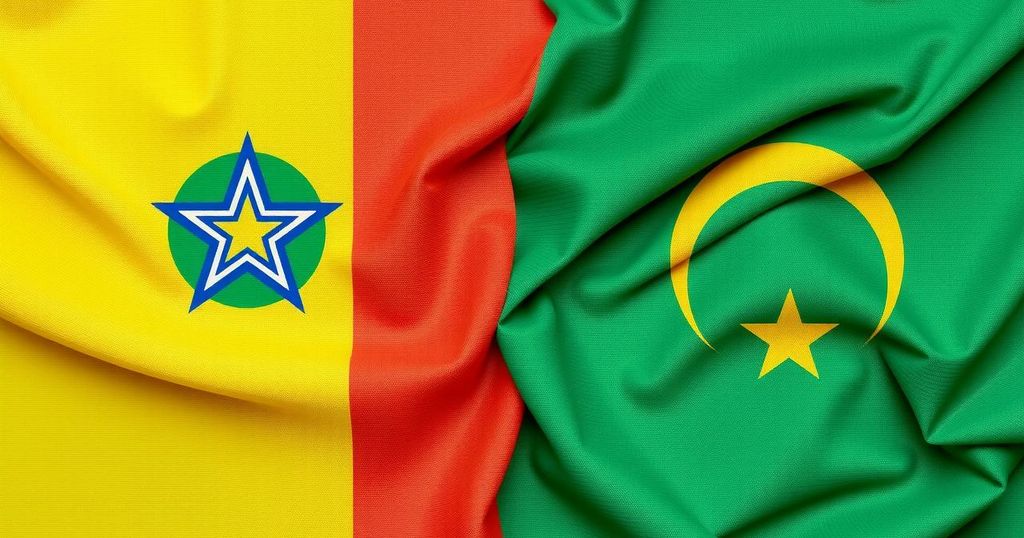The African Union welcomed a recent agreement between Ethiopian and Somali leaders regarding the Somaliland dispute. The agreement was made during Turkish-mediated negotiations, marking progress in resolving tensions over Somaliland, which Somalia considers part of its territory. The leaders affirmed their commitment to each other’s sovereignty and agreed on Ethiopia’s access to the sea, emphasizing the importance of dialogue and cooperation.
On December 13, the African Union (AU) Commission Chairperson, Moussa Faki Mahamat, expressed his endorsement of a recent agreement forged between the leadership of Ethiopia and Somalia. This accord, reached during Turkish-mediated negotiations in Ankara on December 11, addresses the ongoing dispute surrounding Somaliland, a contested region within Somalia. This development marks a crucial step towards enhancing diplomatic relations and mitigating previous tensions that had escalated following Ethiopia’s earlier engagements with Somaliland, which Somalia deemed legally invalid.
The agreement signifies a mutual commitment to dialogue, as both Ethiopian Prime Minister Abiy Ahmed and Somali President Hassan Sheikh Mohamud reaffirmed their dedication to each other’s sovereignty and territorial integrity. The AU has urged both nations to implement the terms of the agreement without delay, highlighting the significance of this diplomatic effort to foster peace and cooperation in the region. The leaders underscored the necessity of collaboration to finalize arrangements enabling Ethiopia to gain direct access to the sea, an important economic consideration for both parties.
The backdrop of this agreement is rooted in a complex history of territorial disputes and regional tensions. Previously, an accord between Ethiopia and Somaliland had raised concerns in Somalia regarding the legitimacy and recognition of Somaliland’s claim for independence. The AU’s facilitation of this recent agreement represents a pivotal role in regional diplomacy and peacekeeping initiatives, promoting stability within the Horn of Africa. This resolution reinforces the need for continued dialogue and negotiation between nations to resolve longstanding conflicts.
No direct quotes were extracted from the article.
The AU statement reflects a dedication to fostering peace and diplomatic relations within the Horn of Africa. The outcome of the recent Ethiopia-Somalia negotiations signifies a potential turning point in the regional discourse on sovereignty and territorial claims. Urging prompt action on the agreement underscores the AU’s commitment to the principles of unity and cooperation among African nations.
The African Union (AU) is a continental organization consisting of 55 member states, founded in 2001 in Addis Ababa, Ethiopia, and established in Durban, South Africa, in 2002. It aims to promote unity, peace, and development within Africa. The Somaliland region has been a source of contention between Somalia and Ethiopia, with Somaliland declaring independence from Somalia in 1991, although it is not widely recognized internationally. The recent agreement between Ethiopia and Somalia, facilitated by Turkey, represents a significant stride towards addressing these disputes and establishing a framework for future cooperation and peace.
In summary, the recent Ethiopia-Somalia agreement, welcomed by the AU, represents a significant diplomatic achievement aimed at resolving longstanding disputes over Somaliland. The AU’s engagement underscores the importance of fostering cooperation and dialogue between nations, particularly in pursuing regional stability. Both countries’ commitment to respect each other’s sovereignty and territorial integrity will be crucial in implementing the agreement’s terms and ensuring lasting peace in the Horn of Africa.
Original Source: english.news.cn







